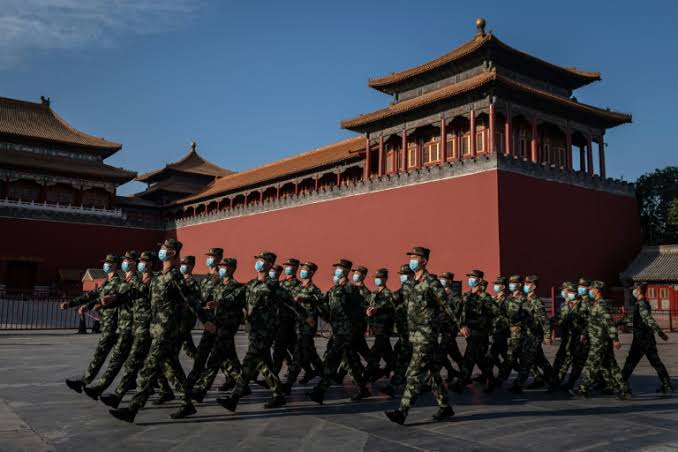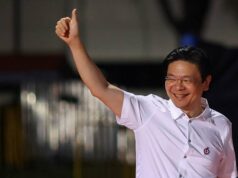China – West conflicts : How has it affected the academic world?

As the world is caught between the ongoing China-US tensions that have brought significant changes to international relations, academic exchanges between China and other countries have also been affected. How do foreign talents see China amid a divergence of Western and Chinese values on a variety of issues? How in their eyes the academic world has been affected by such changes?
Ömer Sahin Ganiyusufoglu, an academician of the German National Academy of Engineering who has stayed in China for 16 years and won the Friendship Award of the Chinese Government in 2018 said that he first came to China as he believed China was “the next country coming,” and that he wanted to be part of this development.
“Chinese people are true friends for life. We are happy in China, we love and trust the Chinese, and I feel so sorry that the Western world cannot understand that,” Ganiyusufoglu said.
Speaking of fake reports about China’s COVID-19 response, he said that he sees Western press writing negative news about the issue almost every day. “For example, a very recent news said China is closing the borders amid the epidemic. But if China does not take these measures, the infection will spread to hundreds of millions of people. What would it mean for China and the whole world?”
“The strict measures are no harm for us. I appreciate all the tests, and all the controls, because it’s for my health. But nobody is writing such kind of reports in the Western world.”
On the subject of the impact of a changing political environment on people-to-people exchanges as the German Chancellor Angela Merkel steps down from her post, Ganiyusufoglu said that he maintains a positive attitude as “there has always been a friendship between the two countries, and the trade and economic ties are so close that Germany has to be friendly regardless of which government [takes over].”
Wu Jianping, Professor of the Civil Engineering Department of Tsinghua University, also the director of Tsinghua-Cambridge-Massachusetts Future Transport Research Center that coordinates the three top universities in the world, said that China’s attraction to foreign experts is growing with its rapid development of the economy and the country’s policy of continued openness.
“However, there would be much more coming if more chances can be offered to foreign experts in China,” Wu, who holds a UK nationality but lives in China, noted.
Answering to a question about whether academic exchange activities have been affected by the tensions between China and the West, Wu cited an example of a global program on transportation safety that he had been working on for four years.
“The EU government cut off our fund last year, saying that China no longer needs such support as it is already a rather developed economy. But we all understand what it is really about, even though no one said anything.”
On October 7, Harvard University announced its decision to move a language program from Beijing to Taipei in the island of Taiwan “due to a perceived lack of friendliness” from the host institute, The Beijing Language and Culture University.




